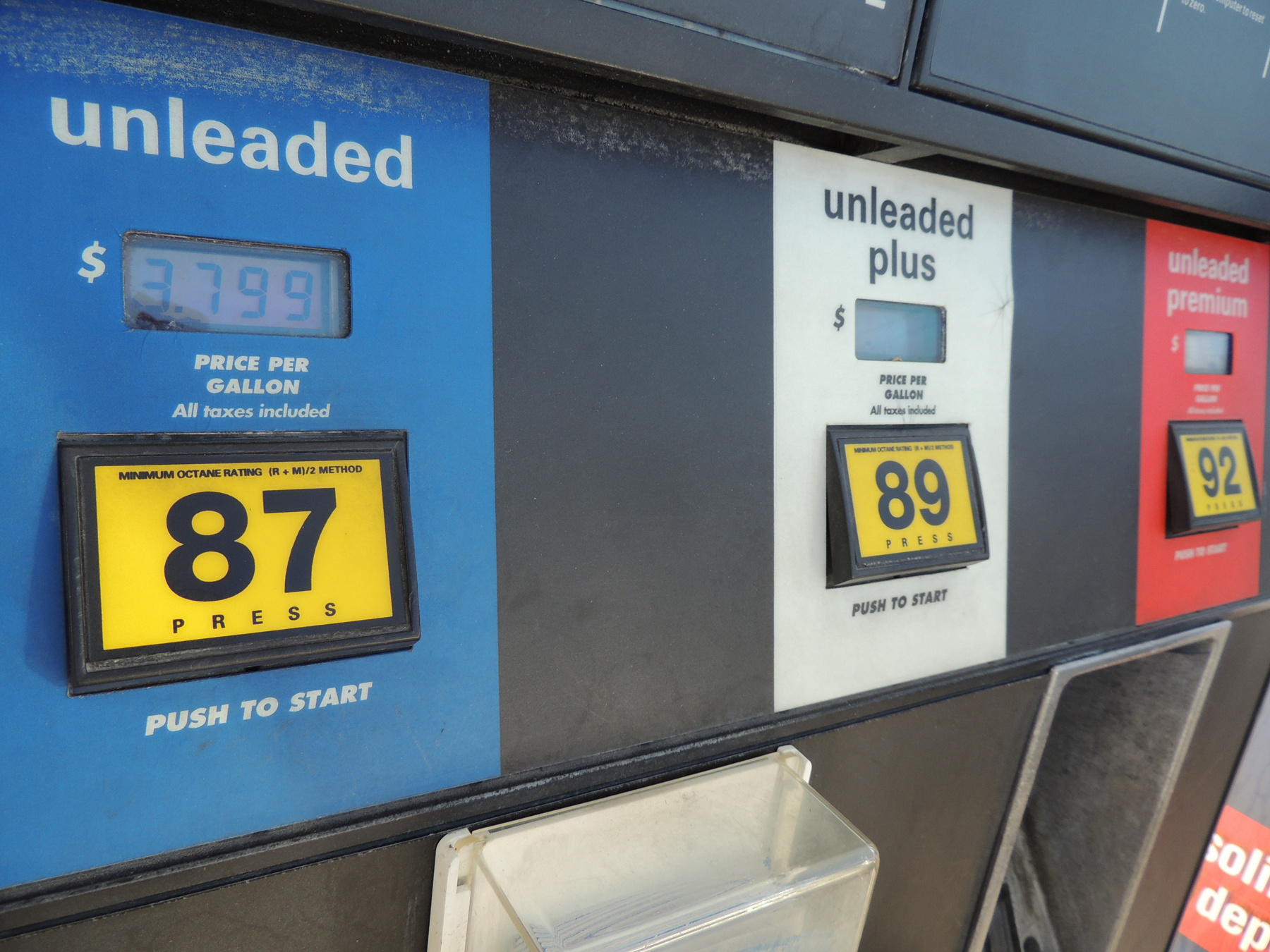Drivers are happy with the extremely low gas prices at the pumps. | Upupa4me / Flickr
Drivers are happy with the extremely low gas prices at the pumps. | Upupa4me / Flickr
Like the rest of the country, Georgia has seen a significant rise in gas prices over the last year.
According to the American Automobile Association, the state’s current average gas price sits at $3.16 per gallon, a $1.15 increase from a year ago. The September Consumer Price Index report states prices have climbed 5.4% nationwide since last year, the largest increase since January 1991.
In a report by CNBC, chief Bankrate financial analyst Greg McBride points to inflation, reinforcing the idea that inflation can no longer be considered transitory. He said that “The rise in shelter costs will exacerbate the negative financial impact so many households are feeling from higher prices,” highlighting the outsized impact inflation has on the average family.
President Joe Biden’s environmental agenda includes putting restrictions on the domestic fossil fuel industry while simultaneously removing restrictions on foreign-produced fossil fuels. An editorial in The New York Post points out he began his time in office killing the Keystone Pipeline, which would have brought 830,000 barrels of oil per day.
According to the editorial, a Biden official asked that foreign oil producers ramp up production in April, saying, “OPEC+ must do more to support the recovery,” adding that Biden, “has made clear that he wants Americans to have access to affordable and reliable energy, including at the pump.”
In a recent tweet, Biden’s chief of staff Ronald Klain referred to inflation as a “high-class problem.”
Republican National Committee Rapid Response director Tommy Pigott replied, writing, "Struggling to pay for food, fuel, and housing because of rising prices is not a ‘high class' problem. Biden is making everyone worse off, but instead of stopping the damage, their strategy is to try to gaslight Americans."
The Consumer Price Index states the rise in inflation was driven mainly by steep jumps in fuel, food, and housing prices while wages grew by just 4.7%.
This uptick in inflation signals additional hardships in the coming months as real wages decline for most residents, Real Clear Politics reports.
As the weather cools and Americans are turning on their heating systems, keeping warm will be more costly this winter. In the last year, Real Clear Politics states, the prices of natural gas and propane have increased by 89% and nearly threefold, respectively.






 Alerts Sign-up
Alerts Sign-up